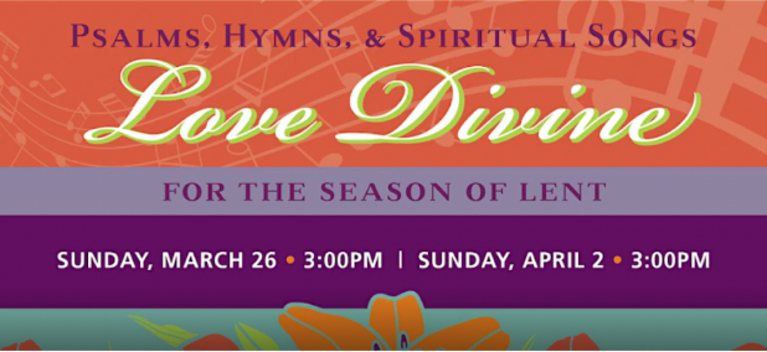In an article with the Denver Catholic, Jared Staudt, the Associate Superintended for the Denver Archdiocese, reflected on how to move forward to religious freedom.
According to Staudt, Catholics are still dealing with the effects of the abuse crises.
Now, they are frequently accused of "hatred" for beliefs on life and sexual morality.
That said, Staudt believes that defending religious freedom will undoubtedly be a lengthy battle.
He stated that justifications for why they must be able to voice their opinions inside their own Catholic communities appear to be getting more and more difficult for others to comprehend.
Staudt regarded that it may be futile to simply stand based on freedom.
With this, he called that the message of faith to be expressed more forcefully and be lived in a gloriously countercultural testimony.
Staudt based his thoughts on Helen Alvaré’s book titled, “Religious Freedom after the Sexual Revolution: A Catholic Guide.”
Institutional Revival
According to Staudt, Alvaré emphasizes the necessity for institutional resurrection rather than responding as though the battle has been lost.
Catholic institutions should transmit a fuller and more integrated religious definition of that they’re a community of 'all-in' service to Christ.
This is instead of insinuating that "the bishop made me do it" type of narrative.
Catholic organizations have a responsibility to represent Christ and make the benevolent presence of Christ known through their words and deeds.
In relation, Staudt stated that love is not an emotion, and it doesn't come from fulfilling wishes.
Instead, it comes from the unselfish giving of oneself to another.
That said, each institution should be a witness and reflect this sincere love.
This requires hiring for mission and ensuring that all personnel working for Catholic educational institutions, medical facilities, and humanitarian organizations are prepared to practice their religion, uphold it, and share it with others.
Communication
Staudt stated that Alvaré exhorts Catholics to talk with confidence and clarity.
Catholics should articulate why they support life and the importance of the family, rather than being unjustly labeled as a people opposed to love.
She stated that their opinions should be well-reasoned and even supported by evidence as they are.
In the topic of contraception, for example.
He stated that Alvaré claimed that if someone were to examine, they would find that most of the rhetoric used against Catholics is futile.
Contraception has increased unintended births, decreased marital stability and satisfaction, and increased rather than decreased female exploitation.
A more robust Christian community leads to better communication; both must be firmly Christ-centered.
According to Staudt, Christian ethics are perceived by individualist and materialist cultures as limiting freedom and, consequently, happiness.
Jesus teaches that self-giving in the name of love is genuine happiness that results from sacrifice.
Catholics believe that God gave each person their body as a holy gift to be used as both his temple and a vehicle for the self-sacrificing love of others.
That said, Staudt regarded that Christian ethics challenges Catholics to a greater calling: giving up momentary enjoyment to share in God's life.
Staudt stated that even though Catholics have been accused of hate, they have the truth which is the message of love.
So, instead of hiding or running, Catholics should provide a path of healing for the members of society to recover deeper freedom.
More from Crossmap: Hiphop royalty speaks about mental health at Denver New Hope Baptist Church




